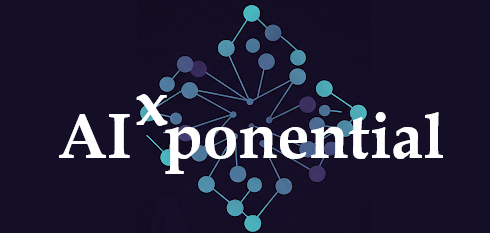AI Trustworthiness
Developing frameworks and methodologies for unbiased evaluation of AI systems, with a focus on transparency and reliability.
Our Focus
The AI Trustworthiness initiative specializes in unbiased AI evaluation, with a particular emphasis on Large Language Models (LLMs). As these powerful systems become increasingly integrated into critical aspects of society, ensuring their trustworthiness through objective, rigorous evaluation becomes essential.
We are committed to developing methodologies that go beyond surface-level metrics to assess the true capabilities, limitations, and potential impacts of AI systems across diverse contexts and user populations.
Key Evaluation Dimensions
Our unbiased evaluation frameworks examine LLMs across multiple critical dimensions:
- Factual Accuracy: Assessing whether model outputs contain verifiable truths
- Fairness & Bias: Measuring representation across demographics and topics
- Robustness: Testing performance across different phrasings and contexts
- Safety: Evaluating resistance to generating harmful content
- Alignment: Determining adherence to human values and ethical principles
Why Unbiased Evaluation Matters
While many LLM evaluations exist, most suffer from significant limitations:
Over-focus on English & Western perspectives
Many evaluations neglect multilingual and multicultural dimensions
Narrow benchmark datasets
Many evaluations use datasets that don't reflect real-world complexity
Gaming & optimization
Models optimized for specific benchmarks rather than real-world performance
Lack of transparency
Many evaluation methodologies aren't fully transparent or reproducible
Our Work
Methodology Development
We're developing comprehensive evaluation methodologies that address the limitations of existing approaches:
- Multidimensional Framework: Assessing models across varied dimensions of performance
- Inclusive Design: Creating evaluation sets that reflect diverse global perspectives
- Dynamic Testing: Moving beyond static benchmarks with adaptive evaluation approaches
- Human-in-the-loop: Combining automated metrics with human judgment
Our methodologies are designed to evolve alongside AI capabilities, ensuring evaluations remain relevant as the technology advances.
Tool Development
We're building practical tools that enable developers, researchers, and organizations to assess AI systems:
- TrustBench: An open-source benchmarking tool for assessing LLM trustworthiness
- Bias Scanner: A tool that identifies and quantifies various forms of bias in model outputs
- Factuality Checker: A system for verifying factual claims in AI-generated content
- Evaluation Dashboard: A visualization platform for understanding model performance
All our tools are designed with transparency and ease-of-use in mind, making thorough evaluation accessible to a wide range of stakeholders.
Research & Reports
Our team conducts ongoing research into AI evaluation methods and publishes regular reports on model capabilities and limitations. Through this work, we aim to provide objective, evidence-based insights that inform responsible AI development and governance.
Upcoming Publications
State of LLM Trustworthiness Report
A comprehensive assessment of leading LLMs across multiple dimensions of trustworthiness, with detailed analysis of strengths and areas for improvement.
Expected publication: Q3 2025
Multilingual Evaluation Benchmark
A novel benchmark for assessing LLM performance across 40+ languages, with particular attention to low-resource languages and cultural nuances.
Expected publication: Q4 2025
Bias in Generative AI Systems
A detailed investigation into various forms of bias in text and image generation systems, with recommendations for mitigation strategies.
Expected publication: Q2 2025
Get Involved
The AI Trustworthiness initiative welcomes collaborations with researchers, developers, and organizations committed to building and evaluating more trustworthy AI systems. Whether you're interested in contributing to our methodologies, testing our tools, or participating in research, we'd love to hear from you.
